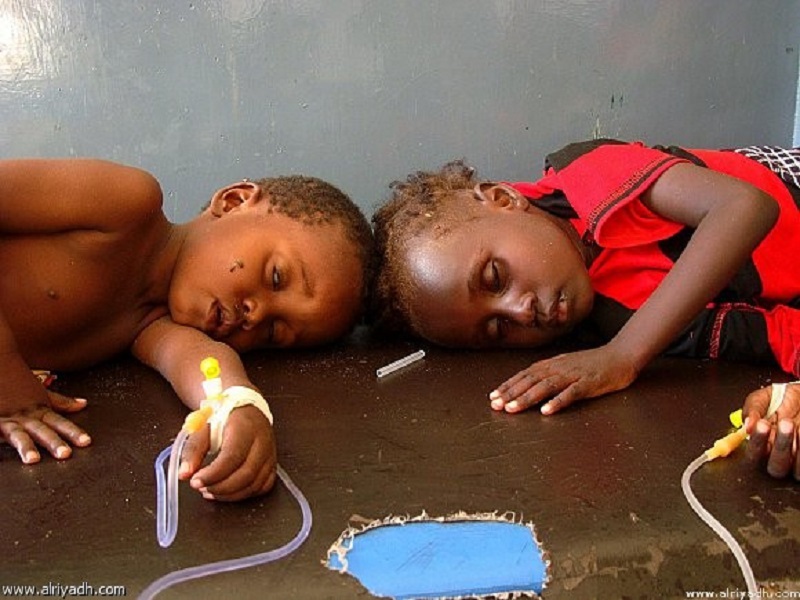OIC’s Appeal for Urgent Intervention to Save Somalia From Imminent Famine

 Jeddah, 9 Jumadill Akhir 1438/8 March 2017 (MINA) – The General Secretariat of the Organisation of Islamic Cooperation (OIC) said in a statement that it is following with grave concern the famine, the consequences of which have started to appear in Somalia and the Horn of Africa region in general, due to serious drought resulting from the shortage of rainfall.
Jeddah, 9 Jumadill Akhir 1438/8 March 2017 (MINA) – The General Secretariat of the Organisation of Islamic Cooperation (OIC) said in a statement that it is following with grave concern the famine, the consequences of which have started to appear in Somalia and the Horn of Africa region in general, due to serious drought resulting from the shortage of rainfall.
In the face of this humanitarian disaster, the General Secretariat shared the deep concerns of many humanitarian partners about the size of international response towards possible famine in Somalia which had suffered a similar fate between 2010 and 2012 Leading to the death of 260,000 people.
The General Secretariat warns about the consequences of slow humanitarian intervention and the need to act immediately, IINA News reported.
While the OIC General Secretariat appeals to the international community, its member states and partners to intensify their efforts to alleviate the suffering of the people affected by drought and raise the level of their urgent relief intervention so that the current humanitarian situation does not deteriorate and to avoid serious famine, the General Secretariat through its development office in Somalia is fully ready to cooperate with the international community and its partners in humanitarian work in this regard in the light of its ongoing efforts in Somalia since the 2011 famine.
This threatens the lives of more than 17 million people in the states of the Horn of Africa with drought affecting Djibouti, Eretria, Ethiopia, Kenya, Somalia, South Sudan, Sudan and Uganda.
Somalia is on the brink of imminent famine as about 6 million people, almost half the population of Somalia, require urgent humanitarian aid.
In a development reflecting the depth of the crisis, more than 110 persons have died in Somalia in the last two days from cholera and famine caused by continuous drought, as announced by Prime Minister Hassan Ali in the Somali capital Mogadishu on 4 March 2017.
The cautionary indicators of this famine has become very clear as the OIC Office for Coordination of Humanitarian and Development Action in Somalia estimated the number of displaced persons last February to be about 50,000 from Somali villages to the capital Mogadishu and cities such as Afgooye, Baidoa, Kismayo, Dolow, Luk, Beledweyne, Adado, Abudwak, Jaril, and Dhuusamareeb.
It should be noted that Somalia is one of the four countries categorized as being close to facing serious famine, alongside Nigeria, South Sudan, and Yemen where more than 20 million people face horrific conditions, thus requiring urgent action to avoid the spread of hunger to wider areas.
United Nations Secretary General Antonio Guterres announced on 22 February that UN relief agencies urgently require $4.4 billion by the end of March to tackle famine in Yemen, Somalia, South Sudan and Nigeria and that what has been received so far does not exceed $90 million.
The UN secretary general also stated that 1.4 million children are susceptible to imminent death due to famine in the four countries, while 462,000 children face acute malnutrition in Yemen alone due to the civil war that has been raging for two years.(T/R04/RS05)
Mi’raj Islamic News Agency (MINA)






